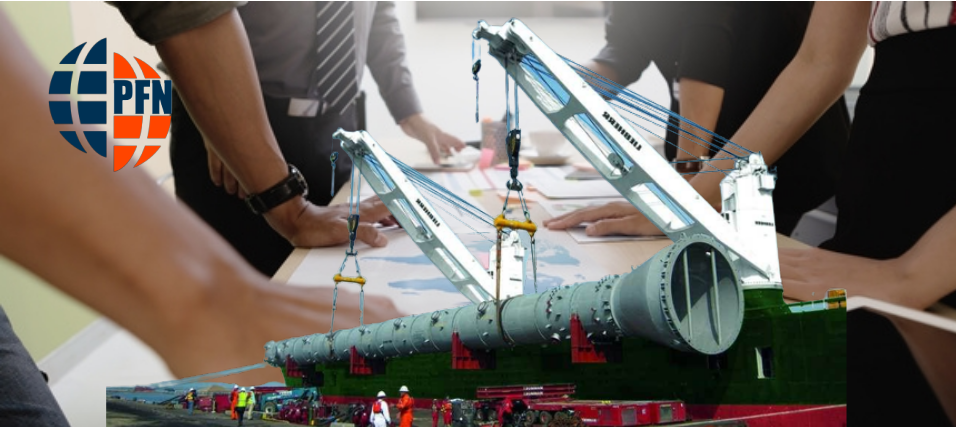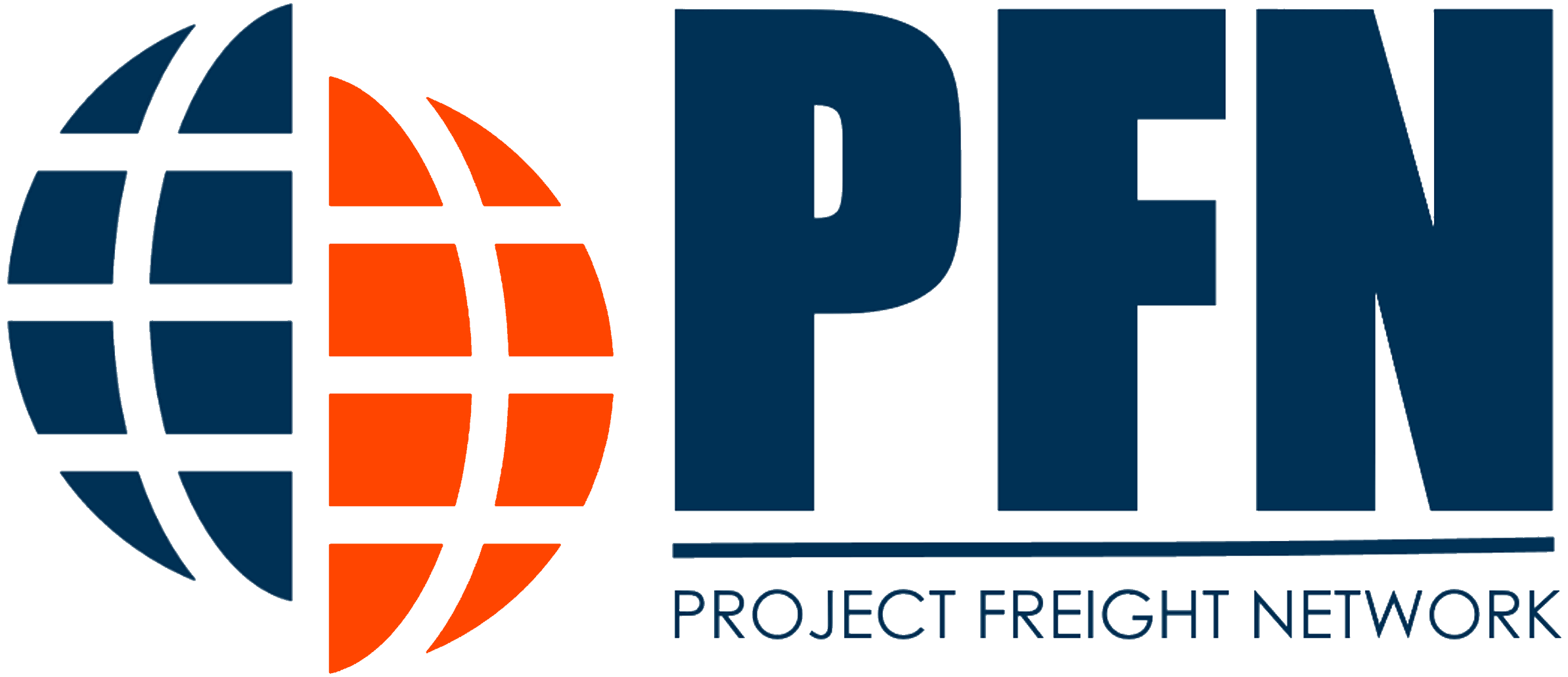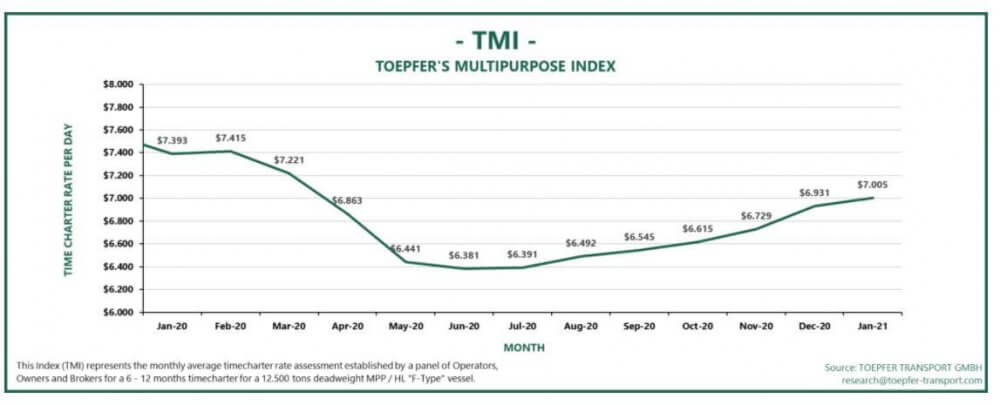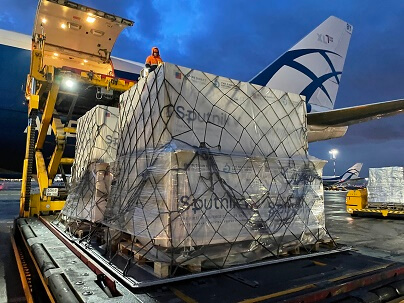
Project cargo, also known as project logistics, or project freight, refers to the transportation of large, complex, or high-value equipment by land, sea, or air. These shipments can pose significant challenges for freight forwarder companies as they require careful planning and coordination to ensure success.
The process of transporting project cargo involves pre-planning, execution, and analysis to improve future services. To handle project cargo effectively, it is recommended to work with experts, use the right equipment, and establish a strong network. Freight forwarder companies with industry knowledge and resources can assist with the planning and execution stages, while the right equipment and trusted suppliers are necessary for the successful transport of the cargo. Joining a exclusive network of reliable partners and connections can also help to ensure smooth logistics operations.
Other factors to consider include assessing the cargo to determine the best mode of transportation, ensuring the cargo meets safety and security standards, proper packaging and handling of the cargo. As well as understanding the destination and potential challenges (such as customs regulations and local laws). Let’s highlight a few of these important aspects:
Defining Project Cargo
Project cargo refers to the transportation of large, complex, and high-value shipments from one location to another. This type of cargo requires special handling and coordination, and is often entrusted to project freight forwarder companies.
The mode of transport for project cargo can vary, depending on the nature of the cargo, the project timeline, and the budget. Options include land, air, and sea. Because project cargo often has specific timeframes and delivery dates, project freight forwarders must carefully plan and execute the transportation process.
How To Transport Project Cargo
The pre-planning stage of shipping project cargo is critical in achieving a successful and cost-effective transportation process. Global project freight forwarding companies, or any other companies that offer project cargo services, must carefully organize and coordinate the process in order to reduce the risk of unexpected events and save time and money. However, even with thorough planning, unforeseen circumstances can still arise. That’s why it’s important for the project forwarder have contingency plans in place to ensure successful deliveries.
During the execution phase, transport is carried out according to the plan. The project forwarder must ensure compliance with all relevant regulations and protocols in the countries they are shipping to, including customs compliance, duties, authorizations, exemptions, and other considerations. Cargo managers can help companies navigate these regulatory requirements and provide additional information on shipment design, routing options, packaging, and delivery options.
It is important, for the project cargo transportation process, to be as comprehensive as the planning stage. The relevant manager should carefully review transit times and other factors to ensure the plan is carried out as intended, while maintaining liability and transparency.
Finally, experts in the field continually track and analyze the results of completed projects in order to identify areas for improvement and enhance future services.
There are three ways to handle project cargo efficiently.
Work With Experts
Effective project cargo management requires a deep understanding of the industry and the ability to meet, and even exceed, client expectations. Partnering with a specialized project cargo freight company is often the best way to ensure a successful transportation process.
Unless you have extensive experience working in the freight forwarding industry, it is advisable to leave the planning stage to professionals. These experts can provide valuable support by conducting surveys, geometric inspections, validation tests, and simulations to ensure the viability of your project.
During the execution phase, it is important to have the right team in place to coordinate the operation. Make sure you have the necessary manpower and resources to ensure a smooth and successful transportation process.
Usage Of The Right Equipment
Having the right equipment is an essential component of successful project cargo transport. While professional skills are important, they are only effective if they can be put into practice with the appropriate tools.
The type and size of the cargo, as well as the route of transport, will determine the necessary equipment. Partnering with reliable suppliers who can provide the necessary tools is crucial. Global freight forwarder companies often have extensive experience and networks that can help you find the best solutions at a reasonable price.
Networking
Networking is a crucial aspect of any successful project logistics operation, and it becomes even more important when it comes to the complex nature of project cargo. Strong network organizations can help you overcome challenges and find the best solutions for your transportation needs.
There are several ways to strengthen your networks in the project cargo industry. Attending project cargo fairs and events, joining specialized project freight forwarder groups, and partnering with experienced companies are all effective strategies. Investing time and effort into joining an exclusive strong network organization, such as PFN, can pay off in the long run by helping you navigate the unique challenges of project cargo transportation.
Join us now and see what our network can do for you.




